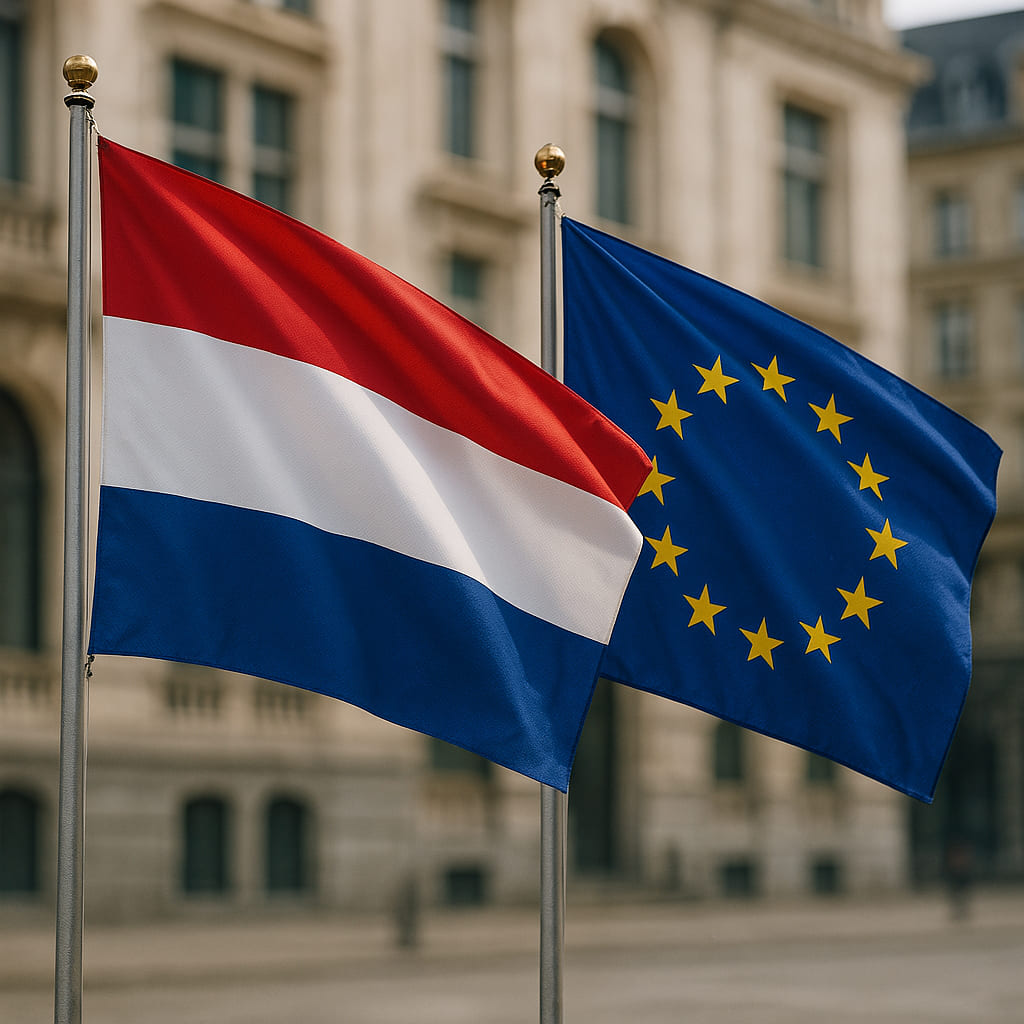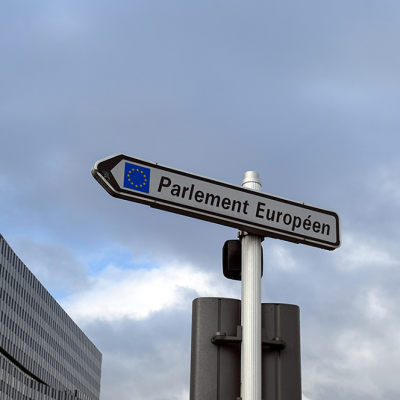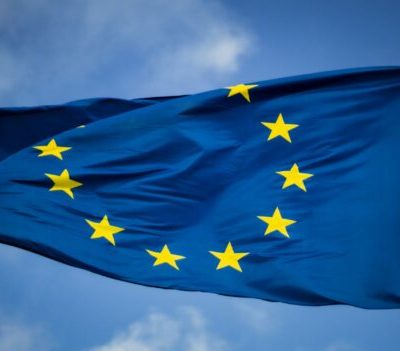[FR] Netherlands in charge: sailing on a troubled sea. The Dutch presidency of the EU in 2004
If the “Dutch in charge” of the EU are going to have to face an impressive number of deadlines, the Netherlands, as reccaled in this Study, have the skills to find good agreements.

FOREWORD BY JACQUES DELORS
The Dutch Presidency is beginning in unusual circumstances. It will be the first six months of activity for the enlarged Europe. The Council, Parliament and Commission, to name but the main institutions, will have to learn to operate with an increased number of members and, therefore, with new rules. The much-criticised provisions of the Treaty of Nice will come into force. The current Commission will be living out its last days and we will witness the long – too long – process of establishing a new executive. All this at a time when a considerable number of government and parliamentary actors will be discovering the subtle mechanisms of European institutional life. It is customary to say that the second semesters, hampered by the summer, only offer a few weeks during which “normal” political activity is possible.
So what can we expect from the one ahead? It would not matter too much if the Union could content itself with dealing with day-to-day business. However, this is far from being the case. Admittedly, the horizon has brightened somewhat with the adoption of the draft constitution at the European Council in June. But there is no shortage of thorny issues, whether it be the negotiations on the new financial perspectives, the preparation of a new programme of activities for the establishment of an area of freedom, security and justice, the reflection to be launched on the coordination of economic policies, or the decision to be taken at the end of the year on the fate of Turkey’s application for membership. The list of deadlines is impressive.
It is fortunate that, as we navigate these troubled waters, the European ship is in the hands of an experienced crew, to continue the metaphor used by Monika Sie Dhian Ho and Mendeltje van Keulen. As a founding member of the Union with a tradition of openness to international cooperation, the Netherlands is one of those countries for which the success of a presidency is measured by its ability to reach good agreements on the issues it has to deal with, rather than by its ability to push through one or other of the issues it holds dear. Moreover, the following study is a timely reminder that in recent years they have been engaged in a process of updating their European policy, which has led them to adopt a more favourable attitude towards the construction of a political Europe, without however diminishing the importance they attach to transatlantic relations.
This gives us hope that the Dutch Presidency will be keen to talk to the different ‘mes’ that coexist within the enlarged Union. Clearly, there is much to be done to bring the views of the 25 members closer together on the major challenges facing the Union. The performance of the Dutch Presidency in this area will largely set the tone for the five-year institutional term that is now beginning. That is why I sincerely wish it every success.




